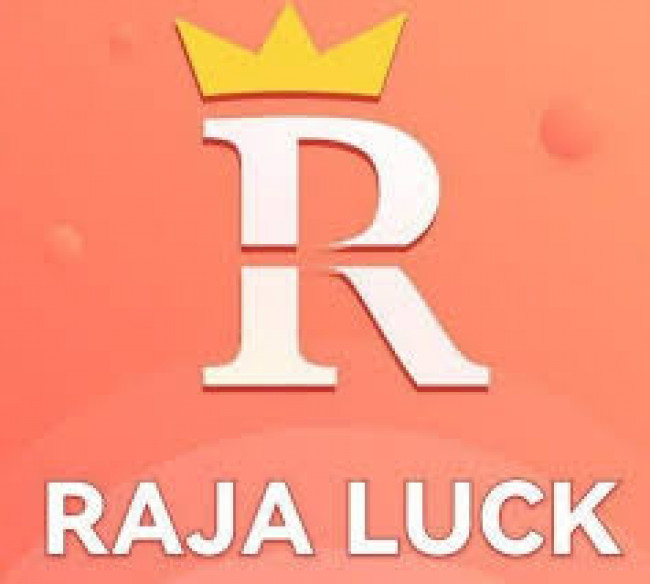Introduction
In competitive exams, current affairs questions are a significant part of the test, often making up a substantial portion of the total score. These questions assess your awareness of recent events, developments, and trends in various fields such as politics, economics, social issues, and international relations. Mastering current affairs MCQs requires not only staying updated but also understanding how to effectively prepare and revise for these questions. This guide provides a comprehensive approach to mastering current affairs MCQs, offering strategies, tips, and sample questions to help you excel in your exams.
Understanding the Importance of Current Affairs
Current affairs encompass recent events and developments across various domains, including:
- Political Developments: Changes in government, new policies, and significant political events.
- Economic Indicators: Updates on economic performance, trade agreements, and financial policies.
- Social Issues: Major social policies, public health initiatives, and cultural events.
- International Relations: Diplomatic relations, international agreements, and global conflicts.
Being well-versed in current affairs is crucial because these topics not only reflect your knowledge but also your ability to understand and analyze complex issues. In competitive exams, where candidates are tested on a broad range of topics, a strong grasp of current affairs can significantly enhance your chances of success.

Key Strategies for Mastering Current Affairs MCQs
1. Establish a Daily Routine
- Follow Reliable News Sources: Incorporate reputable newspapers (e.g., The New York Times, The Guardian), news channels (e.g., BBC, CNN), and online news platforms into your daily routine. Ensure that you are accessing a variety of sources to get a well-rounded view of current events.
- Set Aside Time for News Consumption: Dedicate a specific time each day to read news articles, watch news programs, or listen to news podcasts. Consistency is key to staying updated.
2. Focus on Major Areas
- Political Updates: Track recent elections, government changes, and legislative actions. Note key figures, new policies, and significant political developments.
- Economic Developments: Monitor economic indicators such as GDP growth rates, inflation rates, and major economic policies or trade agreements. Understand the impact of these factors on both national and global economies.
- Social and Cultural News: Stay informed about new social policies, cultural events, and significant public health initiatives. Understanding the social context of these developments is crucial.
- International Relations: Keep track of diplomatic relations, international agreements, and global summits. Note any significant international conflicts or resolutions.
3. Utilize Multiple Resources
- Current Affairs Books: Refer to books that offer summaries and analyses of recent events. These resources often provide context and deeper insights into major topics.
- Online Platforms and Websites: Use dedicated current affairs websites and apps that offer up-to-date information and practice questions.
- Magazines and Journals: Subscribe to magazines that provide monthly summaries and detailed analyses of current affairs. These can be particularly useful for understanding broader trends.
4. Practice Regularly
- Sample MCQs: Regularly solve sample MCQs to familiarize yourself with the types of questions that may appear in exams. Practice with a variety of questions to cover different topics.
- Mock Tests: Take timed mock tests to simulate exam conditions. This will help you manage your time effectively and improve your performance under pressure.
- Previous Exam Papers: Review past exam papers to understand the pattern and frequently asked questions. Analyzing these papers can provide insights into common themes and question formats.
5. Effective Revision Techniques
- Weekly Reviews: Schedule weekly review sessions to go over the current affairs topics you have studied. This will help reinforce your knowledge and identify areas that need further attention.
- Flashcards: Create flashcards for key facts, dates, and figures. Use these cards for quick revision and to test your recall.
- Discussion Groups: Join study groups or discussion forums to exchange knowledge and discuss current events with peers. Collaborative learning can provide new perspectives and help clarify doubts.
Sample MCQs for Practice
Here are some sample MCQs to help you practice and test your knowledge of current affairs:
Political Developments
Question: Who is the newly appointed President of [Country] as of [current year]?
- A) [Name A]
- B) [Name B]
- C) [Name C]
- D) [Name D]
Question: What significant legislative action was recently taken by the government of [Country]?
- A) [Legislation A]
- B) [Legislation B]
- C) [Legislation C]
- D) [Legislation D]
Economic Indicators
Question: What is the current inflation rate in [Country] as of [current month/year]?
- A) 2.0%
- B) 3.5%
- C) 4.8%
- D) 5.5%
Question: Which country recently signed a major trade deal with [Country] to boost economic cooperation?
- A) [Country A]
- B) [Country B]
- C) [Country C]
- D) [Country D]
Social Issues
Question: What new social initiative has been introduced by the government of [Country] in [current year]?
- A) [Initiative A]
- B) [Initiative B]
- C) [Initiative C]
- D) [Initiative D]
Question: Which city recently hosted the [latest year] international cultural festival?
- A) [City A]
- B) [City B]
- C) [City C]
- D) [City D]
International Relations
Question: At which international summit did [Country]’s leader recently speak about climate change?
- A) [Summit A]
- B) [Summit B]
- C) [Summit C]
- D) [Summit D]
Question: Which international agreement did [Country] recently join to enhance [specific sector] cooperation?
- A) [Agreement A]
- B) [Agreement B]
- C) [Agreement C]
- D) [Agreement D]
FAQs
How often should I revise current affairs for competitive exams?
Daily revision is ideal for staying up-to-date. Incorporate current affairs into your daily study routine and perform weekly reviews to reinforce your understanding.
What are the best sources for reliable current affairs information?
Trusted news sources include major newspapers (e.g., The Wall Street Journal, The Financial Times), reputable news channels (e.g., Al Jazeera, CNBC), and credible online platforms. Government websites and international organizations also provide accurate information.
How can I improve my recall of current affairs information?
Utilize active recall techniques, such as practicing with flashcards and solving MCQs. Discuss current affairs with peers and regularly summarize key information to enhance retention.
What if I come across unfamiliar topics in MCQs?
Research unfamiliar topics using credible sources and seek clarification from experts or study groups. Understanding the context and implications of these topics will help you answer related questions accurately.
Conclusion
Mastering current affairs MCQs is essential for achieving success in competitive exams. By staying updated with daily news, focusing on major areas, using multiple resources, practicing regularly, and employing effective revision techniques, you can enhance your knowledge and improve your performance. Consistent study and strategic preparation will ensure that you are well-equipped to tackle any current affairs-related questions in your exams. Stay informed, practice diligently, and approach your preparation with confidence.
















